Publikace
> Články v impaktovaných časopisech
> 'BrachyView, A novel inbody imaging system for HDR prostate brachytherapy: Design and Monte Carlo feasibility study'
BrachyView, A novel inbody imaging system for HDR prostate brachytherapy: Design and Monte Carlo feasibility study
Autor
| Safavi-Naeini M. | Univ Wollongong, Ctr Med Radiat Phys, Wollongong, NSW 2522, Australia |
| Han Z. | Univ Wollongong, Ctr Med Radiat Phys, Wollongong, NSW 2522, Australia |
| Cutajar D. | Univ Wollongong, Ctr Med Radiat Phys, Wollongong, NSW 2522, Australia |
| Guatelli S. | Univ Wollongong, Ctr Med Radiat Phys, Wollongong, NSW 2522, Australia |
| Petasecca M. | Univ Wollongong, Ctr Med Radiat Phys, Wollongong, NSW 2522, Australia |
| Lerch M. L. F. | Univ Wollongong, Ctr Med Radiat Phys, Wollongong, NSW 2522, Australia |
| Franklin D. R. | Univ Technol Sydney, Fac Engn & Informat Technol, Sydney, NSW 2007, Australia |
| Jakůbek Jan, Ing. Ph.D. | UTEF |
| Pospíšil Stanislav, Ing. DrSc. | UTEF |
| Bucci J. | St George Hosp, Canc Care Ctr, Kogarah, NSW 2217, Australia |
| Zaider M. | Mem Sloan Kettering Canc Ctr, New York, NY 10065 USA |
| Rosenfeld Anatoly | Centre for Medical Radiation Physics - University of Wollongong, Australia |
Rok
2013
Časopis
MEDICAL PHYSICS, Volume 40, Issue 7, Article Number: 071715 DOI: 10.1118/1.4808360
Web
Obsah
Purpose: High dose rate (HDR) brachytherapy is a form of radiation therapy for treating prostate cancer whereby a high activity radiation source is moved between predefined positions inside applicators inserted within the treatment volume. Accurate positioning of the source is essential in delivering the desired dose to the target area while avoiding radiation injury to the surrounding tissue. In this paper, HDR BrachyView, a novel inbody dosimetric imaging system for real time monitoring and verification of the radioactive seed position in HDR prostate brachytherapy treatment is introduced. The current prototype consists of a 15 x 60 mm(2) silicon pixel detector with a multipinhole tungsten collimator placed 6.5 mm above the detector. Seven identical pinholes allow full imaging coverage of the entire treatment volume. The combined pinhole and pixel sensor arrangement is geometrically designed to be able to resolve the three-dimensional location of the source. The probe may be rotated to keep the whole prostate within the transverse plane. The purpose of this paper is to demonstrate the efficacy of the design through computer simulation, and to estimate the accuracy in resolving the source position (in detector plane and in 3D space) as part of the feasibility study for the BrachyView project.
Methods: Monte Carlo simulations were performed using the GEANT4 radiation transport model, with a Ir-192 source placed in different locations within a prostate phantom. A geometrically accurate model of the detector and collimator were constructed. Simulations were conducted with a single pinhole to evaluate the pinhole design and the signal to background ratio obtained. Second, a pair of adjacent pinholes were simulated to evaluate the error in calculated source location.
Results: Simulation results show that accurate determination of the true source position is easily obtainable within the typical one second source dwell time. The maximum error in the estimated projection position was found to be 0.95 mm in the imaging (detector) plane, resulting in a maximum source positioning estimation error of 1.48 mm.
Conclusions: HDR BrachyView is a feasible design for real-time source tracking in HDR prostate brachytherapy. It is capable of resolving the source position within a subsecond dwell time. In combination with anatomical information obtained from transrectal ultrasound imaging, HDR BrachyView adds a significant quality assurance capability to HDR brachytherapy treatment systems.
Granty
Projekty
Příklad citace článku:
M. Safavi-Naeini, Z. Han, D. Cutajar, S. Guatelli, M. Petasecca, M. Lerch, D. Franklin, J. Jakůbek, S. Pospíšil, J. Bucci, M. Zaider, A. Rosenfeld, "BrachyView, A novel inbody imaging system for HDR prostate brachytherapy: Design and Monte Carlo feasibility study", MEDICAL PHYSICS, Volume 40, Issue 7, Article Number: 071715 DOI: 10.1118/1.4808360 (2013)
Hledat
Události
21.-22. 11. 2014
Seattle, USA
8-15 Nov 2014
Surrey, Velká Británie
8. září 2014
9. září 2014
24. 4. 2014
3. 4. 2014
Seoul, Korea
27 Oct - 2 Nov 2013
Paris
23-27 June 2013
Anaheim, USA
29 Oct - 3 Nov 2012






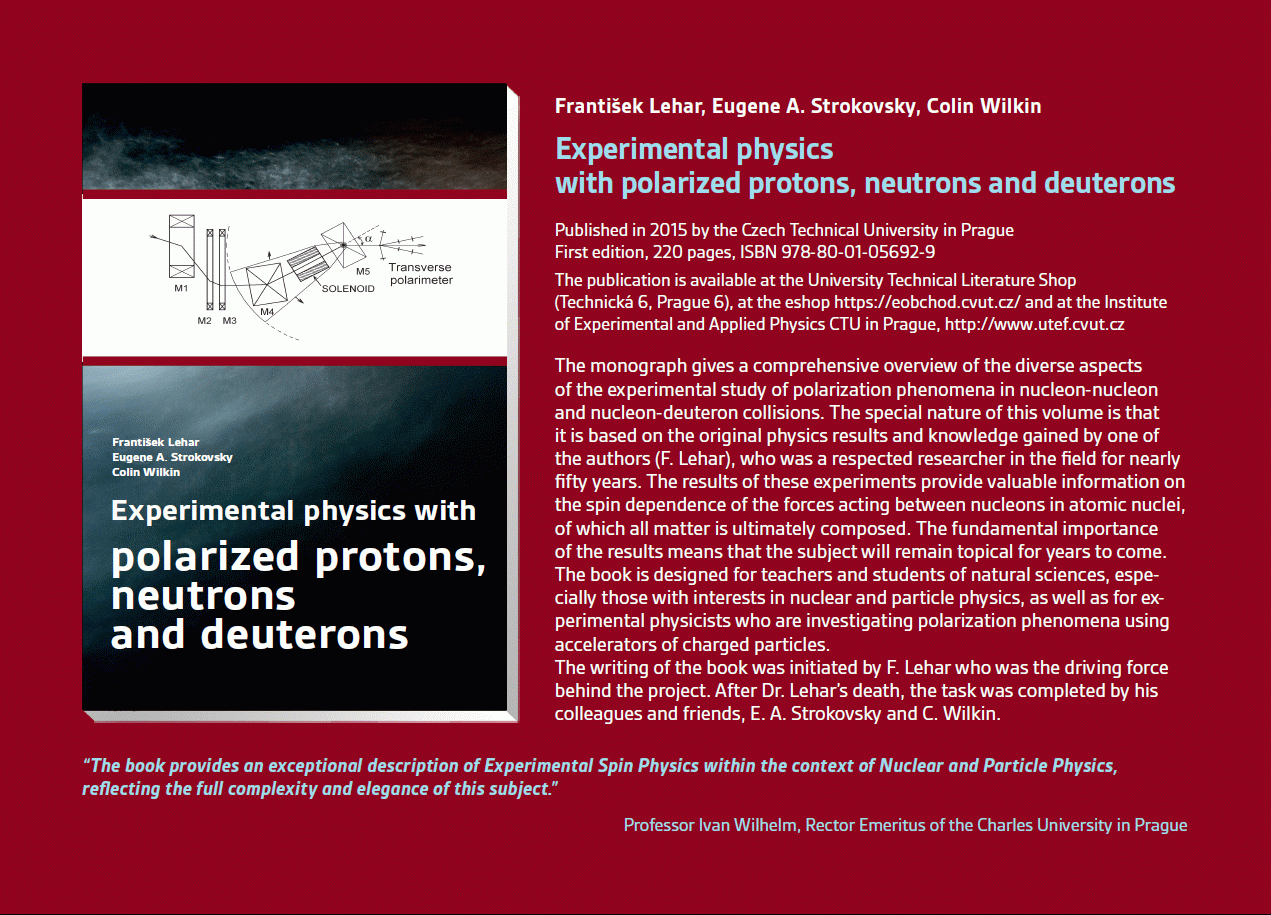 Experimental physics
with polarized protons, neutrons and deuterons
Experimental physics
with polarized protons, neutrons and deuterons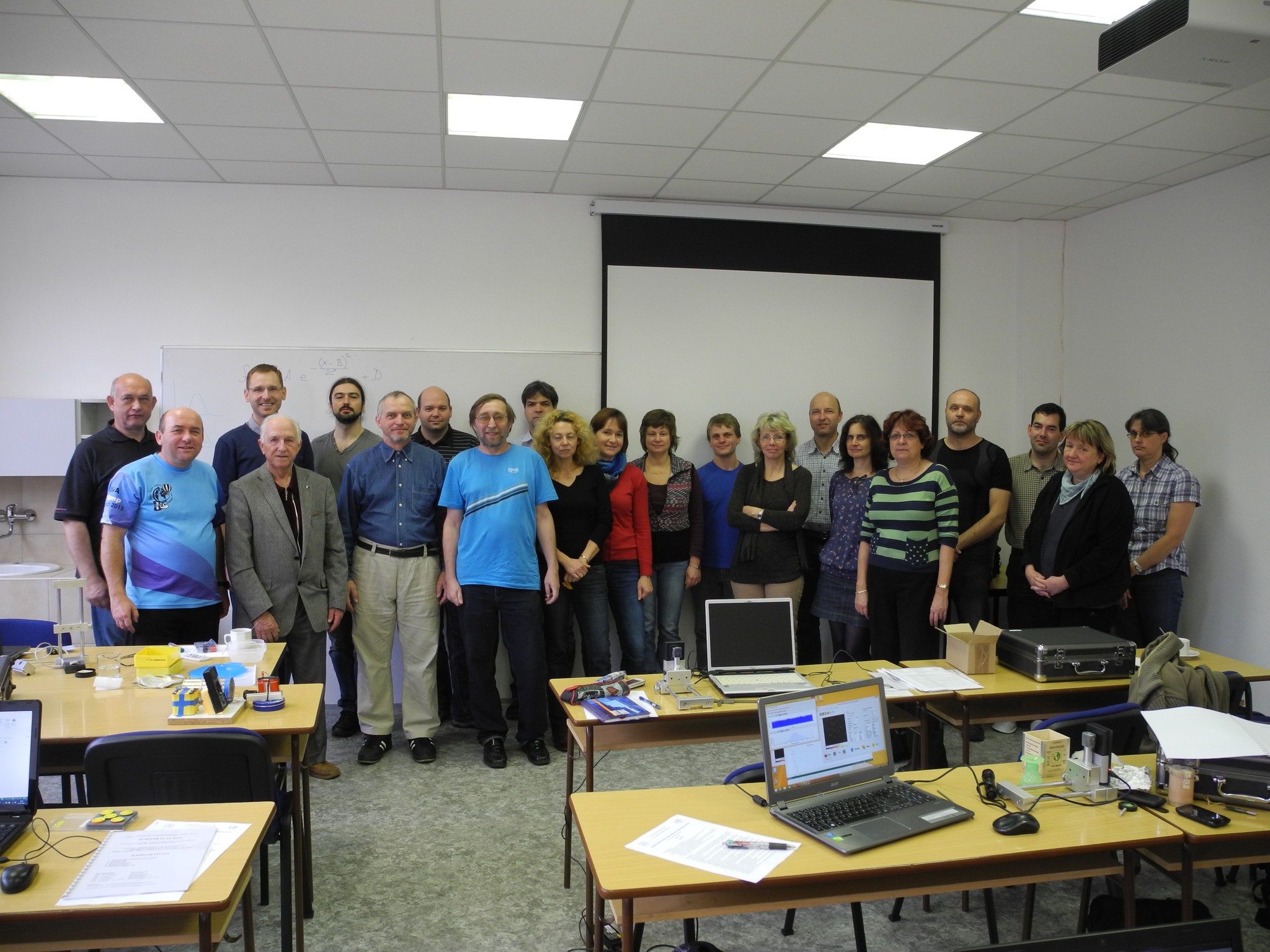 Progresivní detekční metody ve výuce subatomové a částicové fyziky
na ZŠ a SŠ
Progresivní detekční metody ve výuce subatomové a částicové fyziky
na ZŠ a SŠ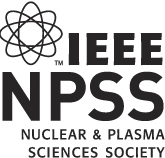 NSS MIC IEEE Conference
NSS MIC IEEE Conference Konference SEPnet, CERN@school
Konference SEPnet, CERN@school Lovci záhad - spolupráce ČT a ÚTEF
Lovci záhad - spolupráce ČT a ÚTEF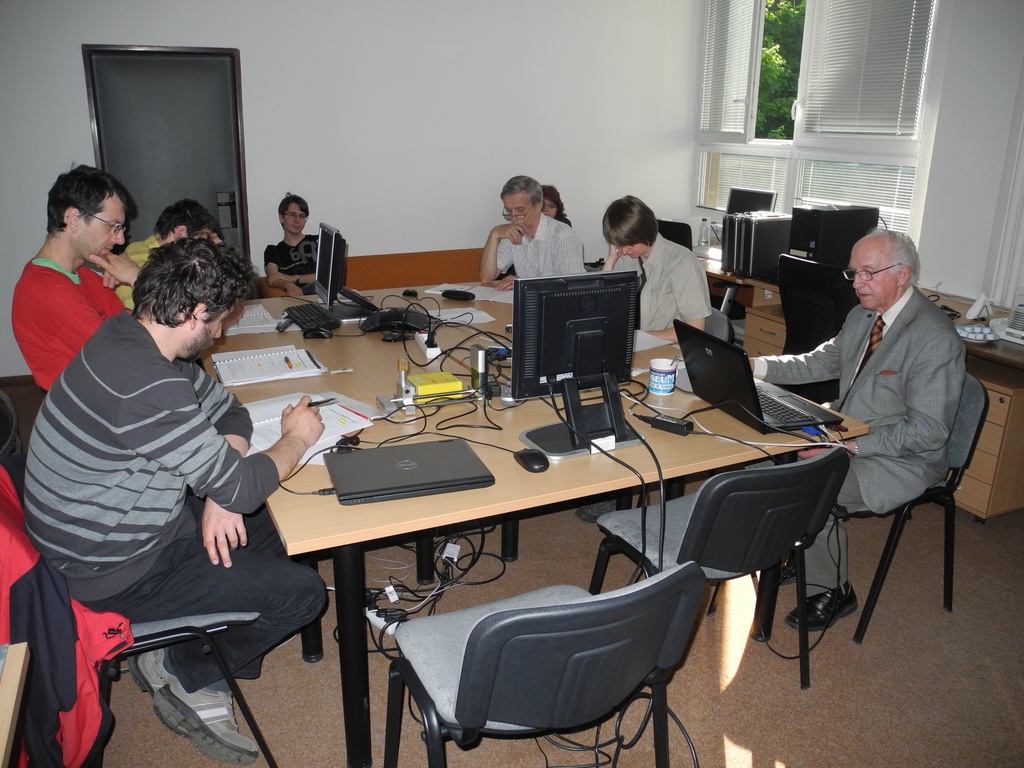 Progresivní detekční metody ve výuce subatomové a částicové fyziky na ZŠ a SŠ
Progresivní detekční metody ve výuce subatomové a částicové fyziky na ZŠ a SŠ Návštěva v rámci projektu „Listening to the universe by detection cosmic rays“
Návštěva v rámci projektu „Listening to the universe by detection cosmic rays“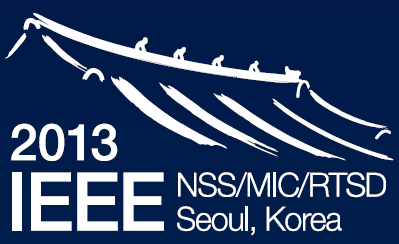 NSS MIC IEEE Conference
NSS MIC IEEE Conference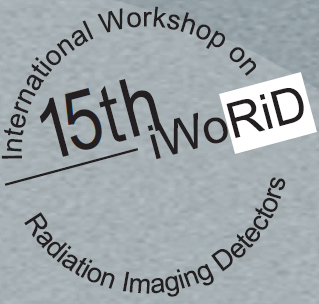 15thIWORID
15thIWORID NSS MIC IEEE Conference
NSS MIC IEEE Conference